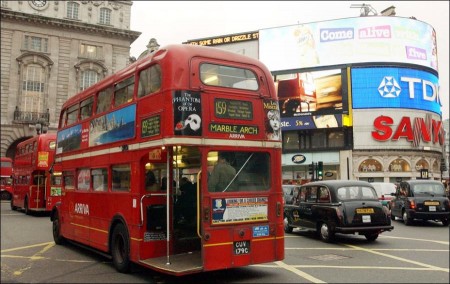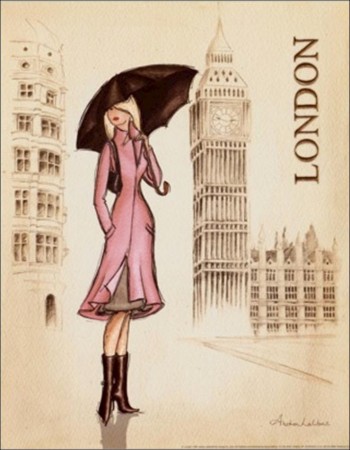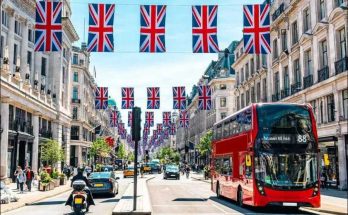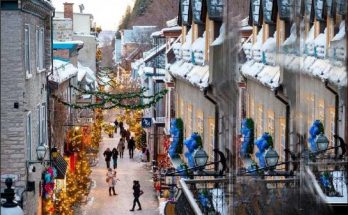We all know that London stands on the Thames, that it is the capital of an empire on which the sun never sets, and that it has the right to call itself the largest and richest city in existence, perhaps the greatest congregation of human beings to which history ever had a chance of preaching on that old text, the rise and fall of so many a Babylon. We ought to know how it measures at least a dozen miles in length and breadth, and how it contains five millions or so of people, to which some half as many must be added if we take in its outer area.
We can learn that it counts a million of houses; that its myriads of streets, if set on end, would reach across Europe; that it includes some sixteen thousand acres of open spaces; that yearly it lays twenty miles of fresh pavements, and adds new inhabitants enough to make a country town, while it is always swallowing some old village in its insatiable maw.
Those who have an appetite for such figures may further be instructed that every year its port harbours more than twenty thousand vessels of all flags, that every day nearly nine thousand trains run into its stations, and that every hour about ten million gallons of water are drawn for its various needs, flushing out in subterranean channels more than one cares to count or measure.
The above are but samples from an imposing stack of statistics, that might be drawn upon by way of helping the imagination to realize what London is. Unimaginative and uninstructed eyes have long been content to leave the matter thus: “The cities of London and Westminster are spread out to an incredible extent. The streets, squares, rows, lanes, and alleys are innumerable. Palaces, public buildings, and churches rise in every quarter.” I am using the pen of Miss Lydia Melford, whose first sensation in those thronged thoroughfares was like that of the fabulous Scot, at a later date found waiting shyly up an entry in Fleet Street, as he explained, till the people had come out of church.
But next arises the question, What is London?–one to be less readily answered. Not every Londoner could say off-hand whether Hampstead, for instance, belongs to his hive, nor in what sense it includes Norwood or Kew. London was once a walled city about the mouth of two small brooks flowing into the Thames; then, escaping from this confinement, like the genius released by a fisherman in the Arabian Nights it quickly spread itself over the surrounding heights and flats, till, from an area of some square mile or so, it had expanded more than a hundredfold. Sovereigns in vain bade its growth come to a stand, their proclamations as idle as Canute’s commanding the waves. Not less vainly lords cried out against the citizens who presumed to neighbour their parks and gardens, sooner or later to be ploughed up by streets.
A century ago sociologists of Cobbett’s stamp vituperated that “wen” whose bulk seemed a danger to national health; and by the end of the century the tumour was swollen five times as great. Not that it has grown so much out of proportion to the general body, if we may accept Mr. Matthew Bramble’s indignant calculation, made several generations back, that “one-sixth part of this whole extensive kingdom is crowded within the bills of mortality.” That is much the same ratio as London proper now bears to England, its own thicker outskirts and the rest of the United Kingdom being eliminated, which, if brought into the sum, would make it work out in favour of the capital’s increase.
When we come to boundaries and definitions, we are met by the truly British want of system, symmetry, regularity, through which London was allowed to straggle and struggle up into a confused rough-cast conglomeration of materials stuck together by chance or by rule of thumb, cross-divided for different purposes, to be managed by divers and sometimes overlapping authorities.
There are citizens who, till the consideration be brought home to them by rate-collectors or other call to civic duty, do not care to know in what parish, borough, Poor-Law union, Parliamentary division, or what, they have their home; and on the edge of London some may be hardly clear what right they have to call themselves Londoners. The City, as it is styled, honoris causâ, forms an independent core, round which strangers must be taught to distinguish between the County of London, by law established, and the wider circle that has come to be known as Greater London.
Related Links
Continue Reading
All About London
Views: 572




